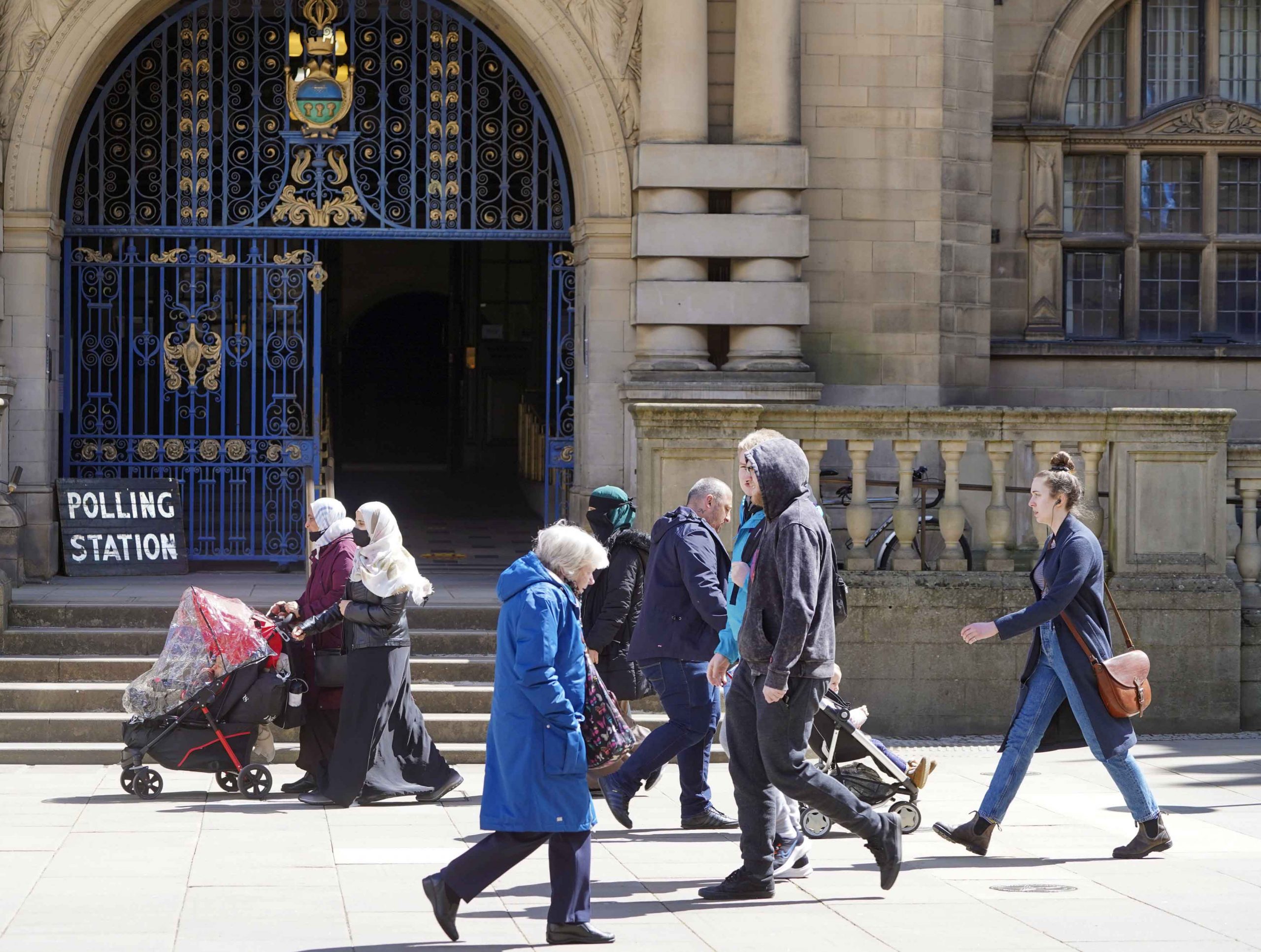
BREAKING: Labour council leader loses seat to Greens
As it stands Labour looks set to lose control of Sheffield City Council as they bleed votes to the Green Party and the Liberal Democrats, with Bob Johnson being the latest casualty. Bob Johnson, the Labour council leader in Sheffield, lost his Hillsborough seat to the Green Party's Christine Gilligan Kubo. Labour have lost council seats in Nether Edge and Sharrow, Hillsborough and West Ecclesfield to the other two parties with the Conservatives also seeing a massive increase in their vote share. More election coverage can be found on Sheffield Wire as results emerge.

Fundraising begins to celebrate 70 years of Sheffield Mencap and Gateway
Fundraising has already raised £3500 for Sheffield Mencap and Gateway as the charity approaches its 70th birthday by members, staff and volunteers challenging themselves in the event, ‘Sponsor me 70’. The charity works to improve the quality of life for adults and children with learning disabilities in Sheffield.

Logo from Mencap and Gateway website
 What made Miss Clarke want to volunteer at Mencap was the individually-focussed and non-patronising support, which Mr Raimondi said was extremely important to the charity as they encourage people with learning disabilities to challenge themselves and to show their skills and talents.
“For the 70th Jubilee lots of people are doing something ‘70-related’ to raise money and awareness. I’m doing 70K in 14 days in June (well that’s my aim!)- it’s fantastic to be involved and I’m really happy Jonathan gave me the opportunity to do so.” Miss Clarke said.
As well as sport, Mr Raimondi said they have one lady who is going to play 70 games of Scrabble, a lady who is going to sew 70 things and people doing 70 minutes of sponsored silence.
As part of the birthday celebrations, Mencap and Gateway are also doing something called 70 stories, telling the stories of some of our members, staff and volunteers across social media, radio Sheffield, and various places.
As part of this there is going to be a book of 10 stories written by Mr Raimondi, who will be interviewing various families the charity are involved with from 1951 to today.
Mr Raimondi added: “‘Sponsor me 70’ is a real leveller as it encourages our staff and volunteers to also challenge themselves as well and to raise money for a place they are very committed to. But I think what is most exciting is the things our members can do to challenge themselves.”
To get involved or support the charity, visit Sheffield Mencap and Gateway here.
What made Miss Clarke want to volunteer at Mencap was the individually-focussed and non-patronising support, which Mr Raimondi said was extremely important to the charity as they encourage people with learning disabilities to challenge themselves and to show their skills and talents.
“For the 70th Jubilee lots of people are doing something ‘70-related’ to raise money and awareness. I’m doing 70K in 14 days in June (well that’s my aim!)- it’s fantastic to be involved and I’m really happy Jonathan gave me the opportunity to do so.” Miss Clarke said.
As well as sport, Mr Raimondi said they have one lady who is going to play 70 games of Scrabble, a lady who is going to sew 70 things and people doing 70 minutes of sponsored silence.
As part of the birthday celebrations, Mencap and Gateway are also doing something called 70 stories, telling the stories of some of our members, staff and volunteers across social media, radio Sheffield, and various places.
As part of this there is going to be a book of 10 stories written by Mr Raimondi, who will be interviewing various families the charity are involved with from 1951 to today.
Mr Raimondi added: “‘Sponsor me 70’ is a real leveller as it encourages our staff and volunteers to also challenge themselves as well and to raise money for a place they are very committed to. But I think what is most exciting is the things our members can do to challenge themselves.”
To get involved or support the charity, visit Sheffield Mencap and Gateway here.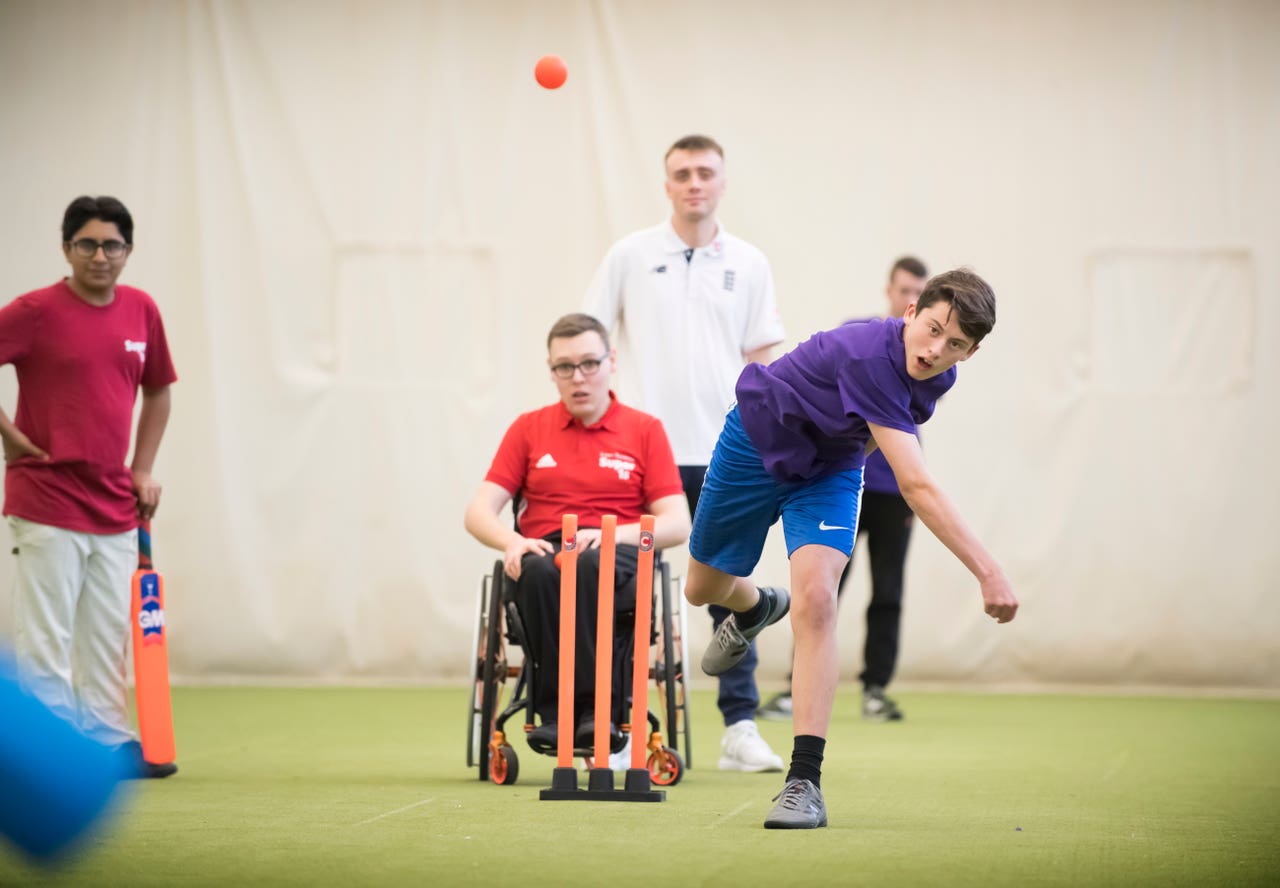
Yorkshire disability cricket back in full swing amid ECB funding boost
Following an injection of funding into disability cricket across England, there is serious excitement from participants and organisers going into the summer. On 29 April, the England and Wales Cricket Board (ECB) and charity the Lord's Taverners, announced a £2 million investment which will make the already-successful Super 1s initiative available in every county. Since 2018, the Super 1s program has delivered weekly cricket sessions to disabled young people aged between 12-25. During the numerous lockdowns we lived through in the last year, the ECB continued to support those involved through online sessions. Rohan Randhawa is the disability development manager and community talent lead at the Yorkshire Cricket Board. He told Sheffield Wire: "It's the best thing that could ever happen for disability cricket. For us, it's absolutely brilliant. It cements disability cricket for the next four to five years at least."
The key element of Super 1s is that it is a place available for participants to socialise outside of school hours, and offers provision for cricket which local clubs may not be able to accommodate. There are eight Super 1s HUBs in Yorkshire, including Sheffield Sixes, Barnsley Griffins, Huddersfield Hounders and Rotherham Rockets. At the moment, only four (including Barnsley) are up and running, but Sheffield's location for disability cricket in Norfolk Park should be open by the beginning of next month. Now the HUBs across the county are starting to open again, Rohan, the participants and their parents are delighted. "I love seeing the smiles on young people's faces when they're actually doing the activity in person. You just can't get that through zoom or a computer," Rohan said. "It's all laughs, smiles, everybody having an amazing time and high fiving. It's crazy how something like a weekly session where they can see their friends can impact their whole lives. We've seen it happen and it continue to improve these young people's lives going forward." As well as Super 1s, the £2 million investment from the ECB and Lord's Taverners will help to fund table cricket. Table cricket is currently played by over 8,800 young people across England in 357 schools and allows those with more limiting disabilities to participate. https://twitter.com/R_RandhawaYCB/status/1389597321168568322 The different Super 1s HUBs come together during competition days throughout the summer, whereby young disabled people get the chance to meet fellow cricketers from across the county. One of those young people is Kian, who plays cricket in York. His story exemplifies the work that the Yorkshire Cricket Board undertake. https://www.youtube.com/watch?v=48fV_8SIIDk Competitions between the eight Yorkshire HUBs are planned for the end of June and throughout August. If you or someone you know is interested in getting involved in disability cricket in Yorkshire, email r.randhawa@yorkshirecb.com.
Mystery surrounds Norfolk Park gunshots
Gunshots and a police helicopter were heard by residents in the Arbourthorne area, who were sent into a state of worry on Wednesday night. Posts from residents emerged on social media around 11pm on May 5 asking why there was a helicopter flying above the area. Later on a large police presence was seen on Beldon Road, including three police cars, a dog unit, and a drone. Residents then claimed on Facebook and Reddit that they had heard six gunshots earlier that night. Residents in the Norfolk Park cottages and the Park Grange area confirmed they had heard what sounded like gunshots that night, and that the police helicopter had been flying in the area for over an hour. South Yorkshire Police have been contacted but have so far declined to comment. Stay tuned for updates as they come.
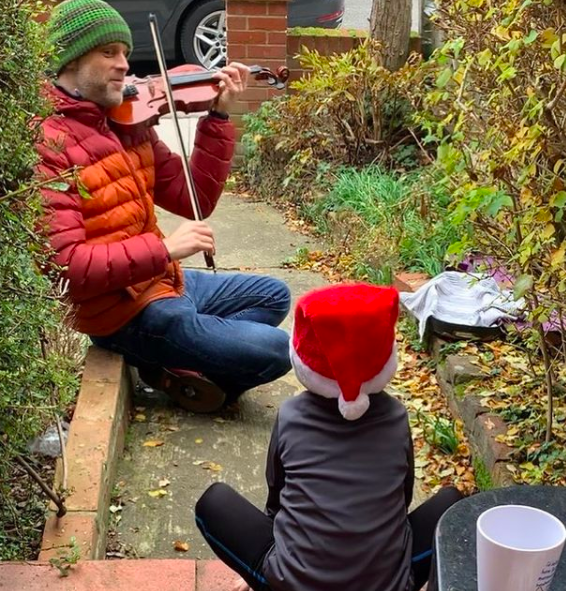
Professional violinist cheers up Sheffield with doorstep concerts
Cheering up communities through music, a professional violinist moves to Sheffield to continue with his doorstep concerts. After having to swap hospital bedsides for local doorsteps, as a result of the pandemic, Adrian Garratt has been a huge success, playing over 300 doorstep concerts over the past year. Mr Garratt said: “It has been extremely positive and the most joyous thing and it has been nice for people to hear live music during lockdown, but it has also been nice for me as I’ve had a chance to meet new people and get out having a chat and playing music whilst earning a bit of money. It has been so lovely to play for people.” The violinist has been involved in Arts for Health for the past 30 years, but when the pandemic hit, he had to find a new way of bringing joy to people through his music. Many people that booked Mr Garratt were unsure of what to expect from his concerts but the response he received has been overwhelmingly positive. Mr Garratt added: “A lot of street gatherings have happened over the past year and often I would complement people on having a lovely community and they will say actually I have never met these people before, so it is nice to get people together and have fun and enjoy the music.” Over lockdown, people were desperate to celebrate birthdays and mark occasions in any way they could and Mr Garratt’s concerts have proved to be a lovely gift whether it be in person or over zoom. Mr Garratt takes requests from his audience, playing everything from classical music, to folk, to pop songs to get everyone singing and dancing. He said: “I enjoy Stevie Wonder, a bit of Mozzart and I really enjoy joyous music, ABBA is weirdly good to play and the folk stuff is really fun. The classical stuff written for a violin is rewarding to play but I would much rather play something people want to hear, that is by far the most interesting to me.” To book a doorstep concert, contact Mr Garratt over his Facebook page, Doorstep Concerts, or email his wife, Sarah at sarah.tipple@gmail.com.

EXCLUSIVE: Council Leader seat in Hillsborough “on a knife-edge” says senior Labour cabinet member
Council leader Bob Johnson's Hillsborough seat looks set to swing over to the Green Party, a senior Labour councillor has said. Green Party candidate Christine Gilligan Kubo may take the north-western ward this afternoon. The current Cabinet Member for Business and Investment, Mazher Iqbal, said: "Bob's seat is on a knife-edge." Lib Dem candidate for Darnall, Adil Mohammed, earlier expressed similar sentiments. "The current Labour leader Bob Johnson pretty vulnerable at the moment," he told Sheffield Wire this morning. Losing the seat would be a huge blow to the currently-governing party, who are under performing nationally. The Green Party look strong elsewhere in the city, having confidently held City Ward, and gaining Nether Edge and Sharrow Vale, and Gleadless Valley, from Labour. Hillsborough was won in 2019 by Labour with 1,659 votes, followed in second by the Green Party, taking 1,127 votes. Cllr Johnson last contested his seat in 2016, winning it with 2,998 votes. More updates on this story to come.
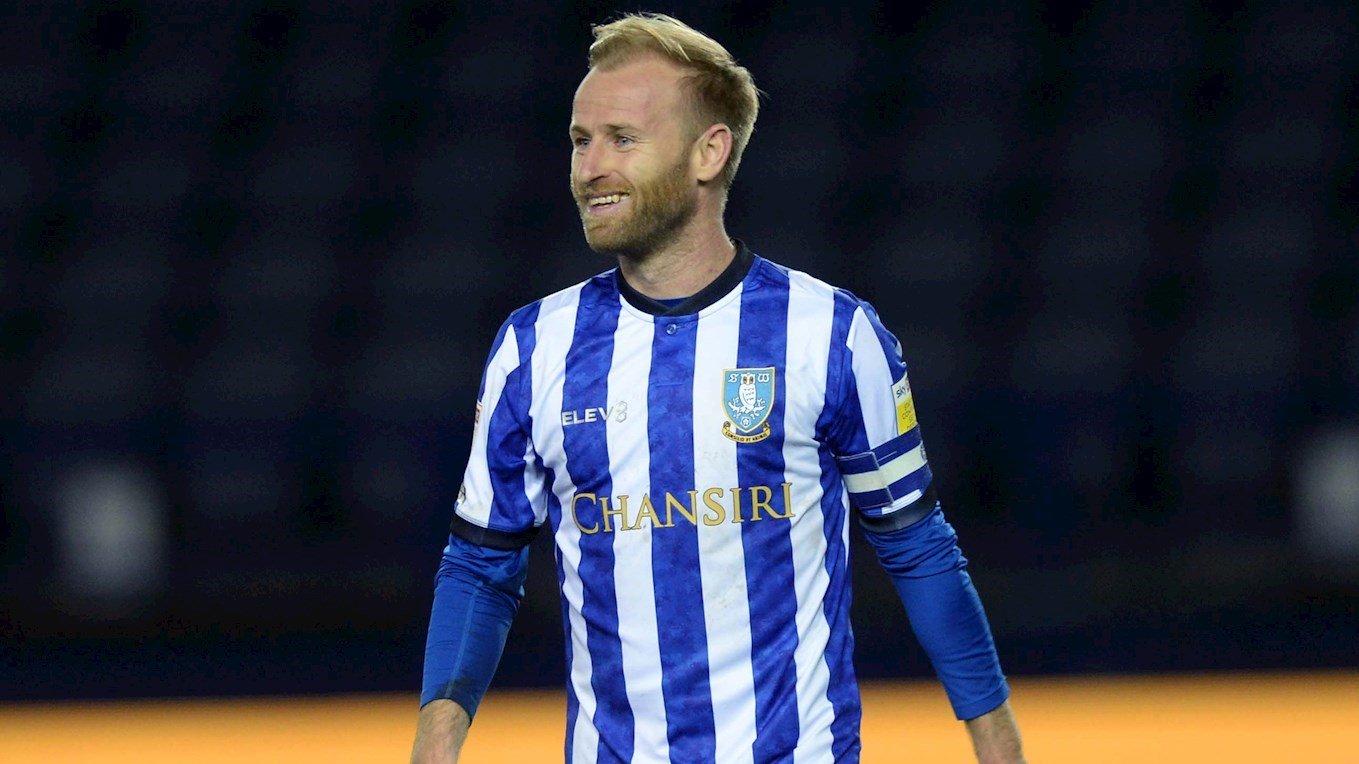
Fans react after Barry Bannan is named Sheffield Wednesday’s Player of the Year
(Photo credit: SWFC). Barry Bannan has been named Sheffield Wednesday’s Player of the Year after being an ever-present for the Yorkshire club throughout a turbulent season. The Owls captain has been at Hillsborough since 2015, playing over 250 games for the club. Reacting on social media, some fans have believe the 31-year-old fully deserves the accolade.
Well deserved. He'd be in my championship eleven this season.
— el Tav (@elTav) May 7, 2021
Well deserved @bazzabannan25 you got my vote
— Martin Smith :-: Pot Limit Sviten Special (@poker4leisure) May 7, 2021
Bannan has featured in every game for Wednesday this season, scoring twice and assisting five in 45 appearances. Back in February, the Scotland international committed his future to the South Yorkshire club, signing a two-year extension. Whilst some fans are happy to see him named Player of the Year; others are less than impressed with the outcome of the vote.Congratulations bazza
— Dan Kitson (@dankitson2003) May 7, 2021
Demand a re-count #riggedelection
— DaveOwl1867 (@wellbeaten1977) May 7, 2021
Can we see the voting? Thought Jack Marriott would have run away with it 🤷♂️
— RETRO WEDNESDAY (@WednesdayRetro) May 7, 2021
Bannan will be hoping to make it a double celebration tomorrow, as Darren Moore's side face Derby County at Pride Park, in a game which could decide both club's Championship futures.It's rigged !
— Siamus (@watto1867) May 7, 2021
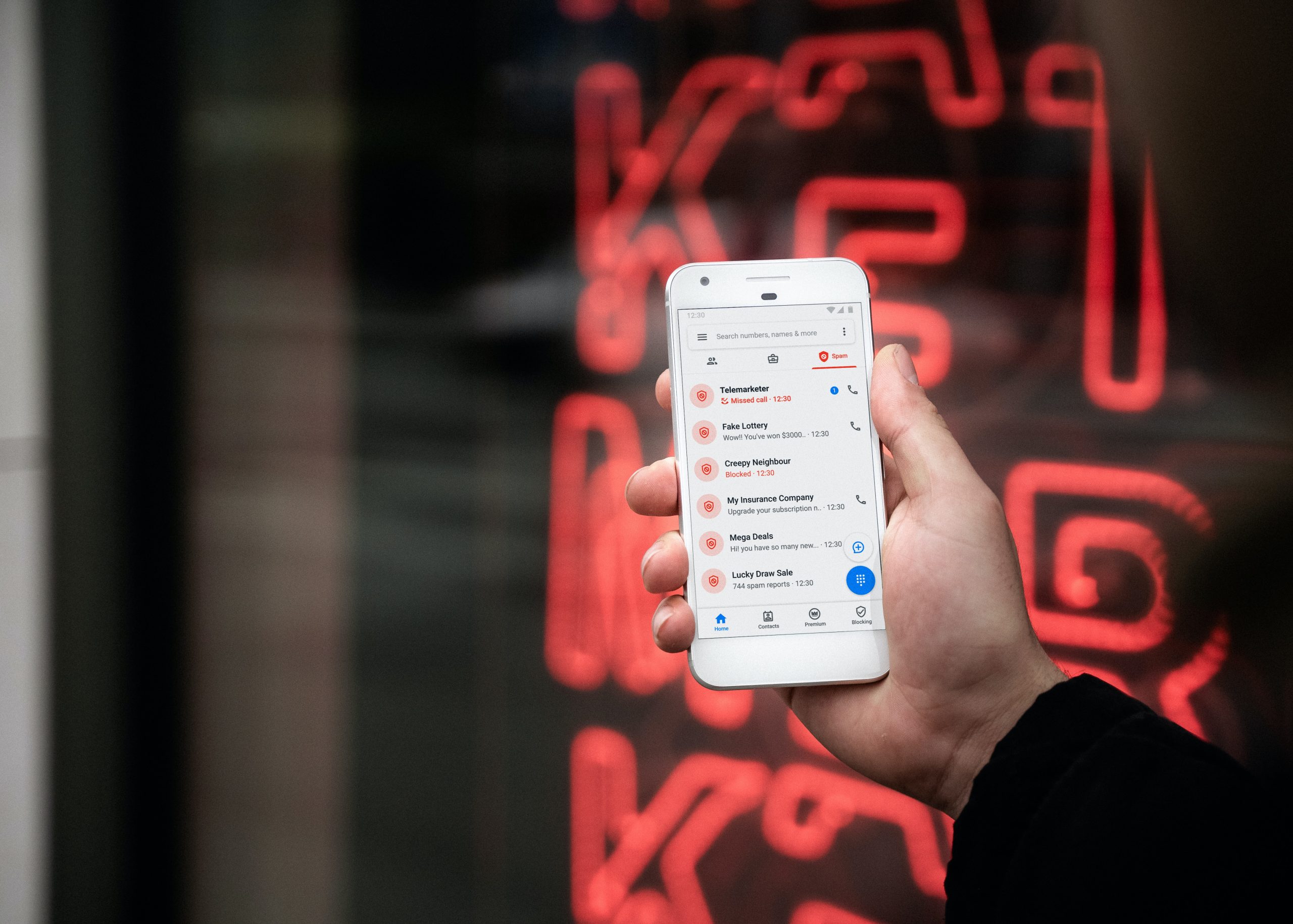
Police issue warning after parents lose thousands in ‘cruel’ scam
After a new scam which is tricking parents into giving their money to fraudsters, South Yorkshire Police have released a warning to Sheffield residents. South Yorkshire Police's Fraud Coordination Team has received a number of reports in recent weeks where parents have received a WhatsApp, text or voice message from someone pretending to be their son or daughter. The scammer, posing as the victim's child, claims they are in trouble and need help to pay a bill. The parent then sends money to the fraudster's bank account. The victims have each lost amounts of around £3,900. PC Jackie Cawley, from the Fraud Coordination Team, said: "This is a particularly cruel scam where a worried parent is tricked into thinking their son or daughter is in financial trouble and needs help." Police say that if you suspect you have received a scam message like this, try contacting your loved one through a trusted method - such as their usual phone number - to confirm the request is genuine. Insist you speak to them over the phone rather than trusting that the person at the end of the text message is who they say they are. "Once the money has been transferred, it can be extremely difficult to trace and get back. Please make sure you share details of this scam with your families to prevent you becoming victims in the first place.", PC Cawley added. If you have been a victim of this scam, you should report it to Action Fraud by calling 0300 123 2040 or online at actionfraud.police.uk.

Kid Galahad title fight postponed until July
Credit- Aberro Creative (Flickr) Kid Galahad's wait for a world title will continue after his bout against Jazza Dickens was postponed. Sheffield's Galahad was due to face Dickens for the vacant IBF Featherweight belt, on the undercard of the Alvarez v Saunders fight on 8 May. The all-British clash would have taken place in front of 60,000 fans at the Dallas Cowboys stadium in Arlington, Texas, but both fighters were unable to secure US visas in time. However, Eddie Hearn assured fans that the fight will be rescheduled for July and will instead take place in the UK, with a venue yet to be confirmed. This would have been the second bout between the pair, after Galahad beat Dickens in 2013 to claim the vacant British Super-Bantamweight title, courtesy of a tenth-round TKO. Dickens was coming into the fight on the back of eight consecutive wins, last losing in 2017 to Thomas Patrick Ward via technical decision. Galahad's last venture into the ring saw him defeat Claudio Marrero last February, who retired on his stool at the end of the eight round. This was an important victory for Galahad, following his split decision loss to Josh Warrington for the IBF title back in 2019. Frustratingly, he will have to remain patient in his efforts to dispel the memories of that night two years ago and claim the world title that has alluded him to this day.

Foodbank aims to deliver one million meals Sheffield-wide
Source: S6 Foodbank A #ForAllSheffield campaign to fund one million meals for Sheffield residents has been launched by S6 Foodbank, after the charity more than doubled in size in a year. The charity grew from four to 11 foodbanks around the city, with 150 people previously receiving support to around 1200 people each week. Alison Wise, a communications specialist and volunteer at S6 Foodbank, explained that the title of the campaign reflects their aim to reach and support the whole city. She said: "We're called S6 Foodbank because that’s where we started and where our main office is, but we actually support people in about 12 postcodes all over the city. "We have a foodbank in Crookes and Sharrow, which are affluent areas in Sheffield, but there is also extreme poverty. This is something that affects the whole city, not just S6 or council estates." So far, the campaign has raised roughly £19,000 from donations and funding. The charity are currently looking for more corporate support to help them reach £150,000 (a million meals) by the end of the financial year. Ms Wise said: "Individual people giving £20 is incredible, but corporates can afford to give much more. So, we’re really trying to develop that area of the organisation. "We do have some amazing corporate supporters like the Milestone Group and Ink at Kelham Island. Sheffield Wednesday Football Club and supermarkets like ASDA and Tesco also help us out a lot." During the Covid-19 pandemic, more people have relied on foodbanks after losing their jobs or being made redundant. Ms Wise explained: "We don’t want to be here; we don’t want there to be foodbanks. But the bottom line is that we’re not going anywhere at the moment." S6 Foodbank is part of the Trussell Trust network of foodbanks operating across the UK. Their main warehouse is on Gilpin Street. To donate, visit www.justgiving.com/campaign/ForAllSheffield or follow progress at @s6foodbank and https://sheffields6.foodbank.org.uk/.
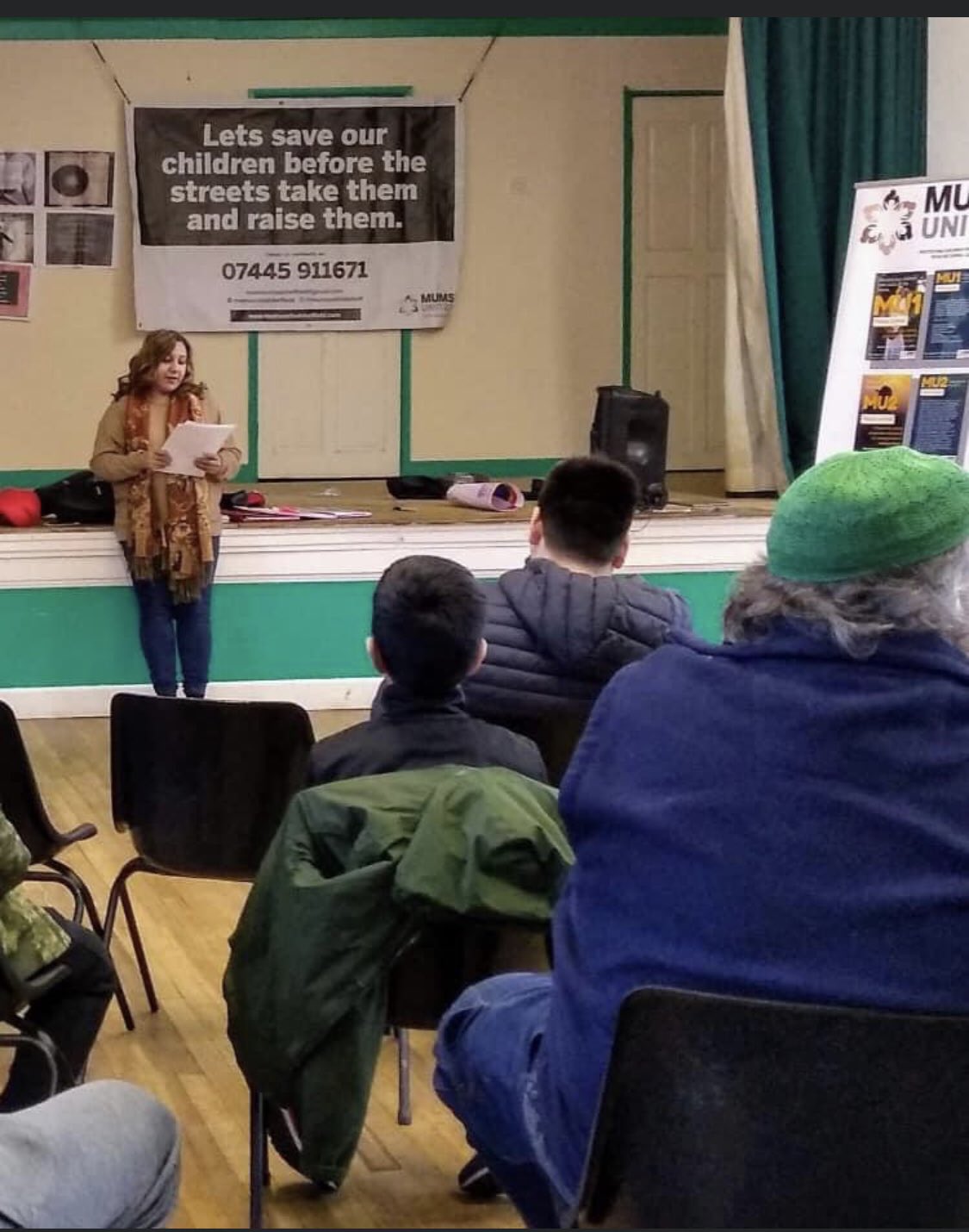
Charity calls on Sheffield’s police and councillors to tackle youth violence
A Sheffield charity has written an open letter to the Police and Crime Commissioner (PCC) for South Yorkshire and the city's councillors urging them to tackle the rising issue of youth violence. The letter was shared on Twitter by Mums United on 2 May. They asked candidates in this week's election to outline the support they will offer to youngsters following a rise of violence in Sheffield. They highlight a total of 17,443 incidents of violence in Sheffield reported to South Yorkshire Police between June 2019 and June 2020 - an increase of 8% compared to the previous year. Sahira Irshad, trustee chair of Mums United, said the group wrote the letter following a recent fatal shooting and a stabbing in the city. "We’ve already had numerous meetings with council leaders and MPs but we felt that it would make more of an impact if we wrote a public, open letter," she said. "This same letter has been sent to every councillor, all the nominees and to the PCC candidates as well. We wanted to make a public statement that we have had enough and these are the measures that we think need to take place in order for change to happen." So far, Ms Irshad said the response from councillors has been quite positive, but that they are still waiting for their local MPs to respond. She said: "I’m hoping that they respond before the march. It’s really important that we all stand together and ensure that our voices are heard." The march, which is planned to take place from Heeley People's Park on 22 May at 3pm, has been organised by Mums United to show solidarity against gang violence. "I noticed quite a few people making comments saying ‘It’s not going to stop the dealing, it’s not going to stop the gangs from going about their daily business,' Ms Irshad said. "That may be true, but we’re here for every mum, dad, brother, sister, auntie, uncle and grandparent who have lost children to the gang violence. Whether it’s gangs or being attacked, we’re here to say that we’re here for them."

Mums United
